The Future of Hybrid Customer Experience

Host: Welcome back to the EGS Customer Experience Spotlight. I'm here with Sarah Martinez, our VP of CX Strategy, to dive into something that's reshaping how businesses think about customer service. Sarah, we just reviewed Adrian Swinscoe's latest predictions for 2025, and there's a clear theme emerging - the future isn't about choosing between human agents or AI, it's about getting the blend right. Talk to me about what you're seeing in the field.
Sarah: Absolutely, and thanks for having me on. What's fascinating is that we're past the "AI versus humans" debate. Our clients across healthcare, logistics, e-commerce - they're all asking the same question now: "How do we create seamless experiences where AI handles the routine stuff so our agents can focus on what really matters?"
Host: Give me a concrete example of what that looks like in practice.
Sarah: Perfect example - we're working with a major healthcare payor right now. When a member calls about their coverage, our AI instantly pulls their complete profile, recent claims, current plan details, even flags potential issues. By the time a live agent picks up - if they need to - they're not asking "What's your member ID?" They're saying "I see you're calling about your recent specialist visit. I've already verified it's covered, and I can walk you through next steps."
Host: That's a completely different experience. But I imagine getting to that point isn't just about plugging in some AI tools.
Sarah: Exactly. This is where most companies stumble. They think they can just add AI on top of broken processes and somehow get better results. What we've learned is that data, workflows, and process outcomes have to be crystal clear before any of this works.
Host: Break that down for me - what does "crystal clear" actually mean?
Sarah: Let's take our global logistics clients as an example. Before we deploy any hybrid solution, we map every single touchpoint: When does a customer typically call? What information do they need? What can be automated versus what requires human judgment? For logistics, that might be "Where's my shipment?" - that's perfect for AI. But "My shipment was damaged and it contained medical supplies for a hospital" - that needs a skilled agent immediately.
Host: So you're essentially creating decision trees, but much more sophisticated ones.
Sarah: Think of it more like intelligent routing with context preservation. Our AI doesn't just route calls - it builds understanding. When that damaged medical shipment call comes in, the AI has already pulled shipping details, identified the hospital client, flagged the medical nature of the cargo, and connected the caller to an agent who specializes in healthcare logistics with authority to make immediate decisions.
Host: I can see how that applies to logistics, but how does this translate across different industries? You mentioned you work with everyone from auto dealers to managed service providers.
Sarah: The principle stays the same, but the data points and workflows change dramatically. Take auto dealers - their customers call about service appointments, warranty questions, parts availability. The AI can handle appointment scheduling and parts lookups instantly. But when someone calls saying their brakes feel weird, that conversation needs to go to a certified service advisor immediately, with all the vehicle history already pulled up.
Compare that to software support - Level 1 troubleshooting can be beautifully handled by AI. "Have you tried restarting?" "Let's check your version." But when someone says "This is affecting our production environment and we have customers down," that needs immediate escalation to a senior engineer with full system context.
Host: What about industries like banking where trust and security are paramount?
Sarah: Banking is actually a great example of where this hybrid approach shines. Credit unions especially love this because they can maintain that personal touch while being incredibly efficient. AI handles account balances, transaction history, password resets - all the routine stuff that frankly, customers prefer to get done quickly. But when someone calls about a suspicious charge or needs help with a major financial decision, they get connected to a real person who already has all the relevant account information and can focus entirely on problem-solving.
Host: You mentioned process outcomes earlier. How do you measure success in these hybrid environments?
Sarah: We track what we call the "resolution chain." Traditional metrics like call time don't tell the whole story anymore. We look at: How often does AI successfully resolve issues without human intervention? When escalation happens, how much context is preserved? What's the overall customer satisfaction? And critically - what's the agent satisfaction? Because if your agents are spending their time on genuinely complex, engaging problems instead of repeating the same basic information fifty times a day, they're happier and more effective.
Host: That brings up an interesting point about employee experience. How are agents responding to this shift?
Sarah: Initially, there was concern - "Is AI going to replace me?" But what we're seeing across healthcare providers, e-commerce companies, travel and hospitality - agents love this. They're doing more interesting work. They're solving complex problems. They're having meaningful conversations instead of reading scripts. Our hospitality clients tell us their agents feel more like concierges than call center operators.
Host: Looking ahead, based on those 2025 predictions we discussed, where do you see this heading?
Sarah: The big shift is going to be proactive rather than reactive. Right now, customers contact us when they have problems. But with better data integration and AI prediction, we'll start reaching out before problems happen. Imagine your logistics partner calling to reroute your shipment before the weather delay hits, or your healthcare provider scheduling your annual check-up based on your health patterns and preferences.
Host: So the goal is to make customer service feel less like customer service and more like...
Sarah: Like having a really smart, attentive assistant who knows you well and can either help you directly or connect you with exactly the right person at exactly the right moment. Whether you're dealing with a supply chain hiccup, a healthcare question, or a banking need - the experience should feel seamless and intelligent.
Host: Sarah, this has been incredibly insightful. For our listeners who want to explore how hybrid CX could transform their customer experience, where should they start?
Sarah: Start with your data. Map your customer journey, identify your routine versus complex interactions, and be honest about where your current processes break down. The technology is ready - the question is whether your foundation is solid enough to build on.
Host: Excellent advice. Sarah Martinez, VP of CX Strategy here at EGS. Thanks for joining us, and to our listeners, remember - the future of customer experience isn't about replacing human connection, it's about making those connections more meaningful and effective. We'll be back next week with more insights from the world of customer experience. Until then, keep innovating.
No Spam —
Just Good Stuff.
Join our newsletter for actionable advice, insider knowledge, and strategies that drive real results.
No fluff, just value.
%20(1).png)

.png)













































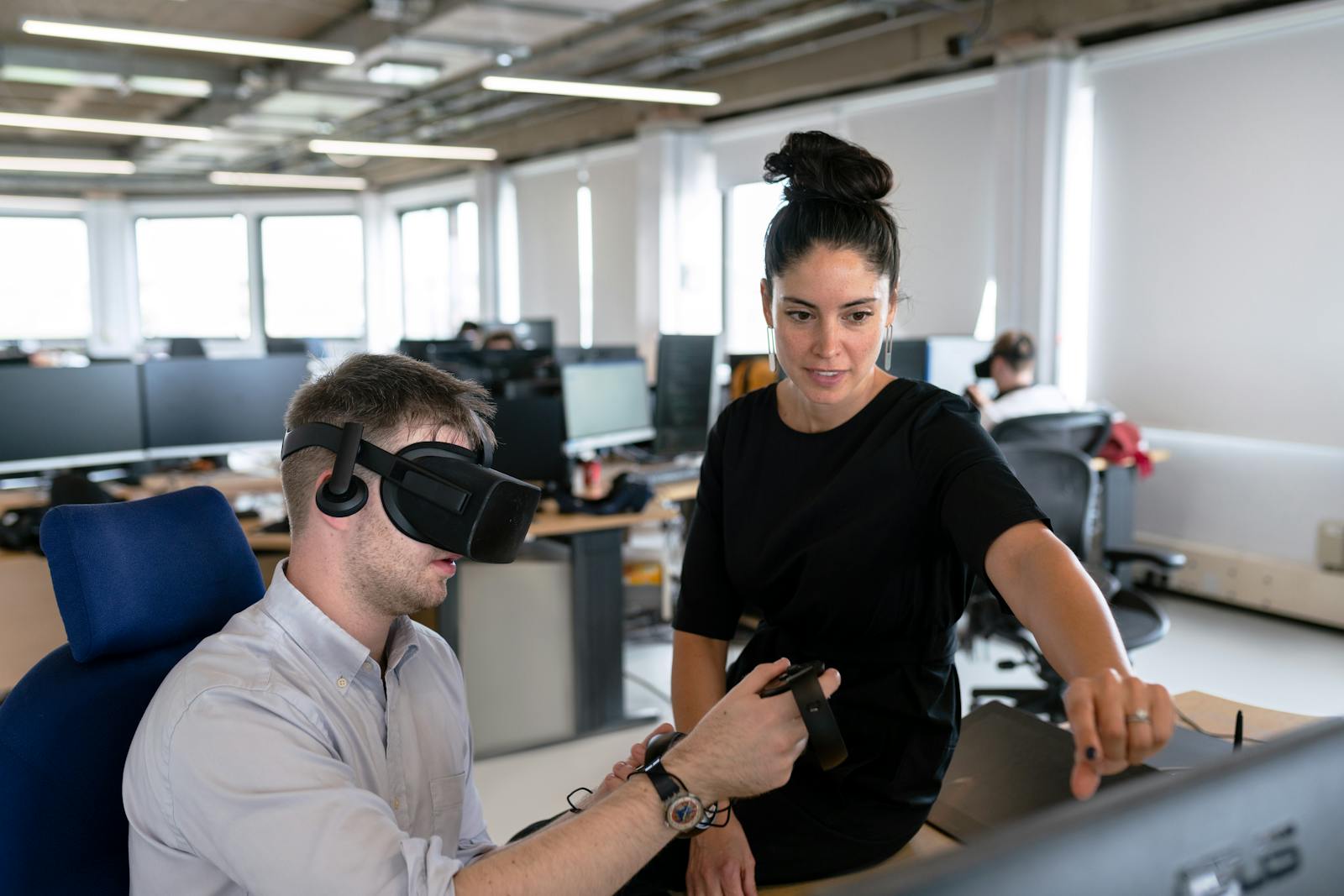







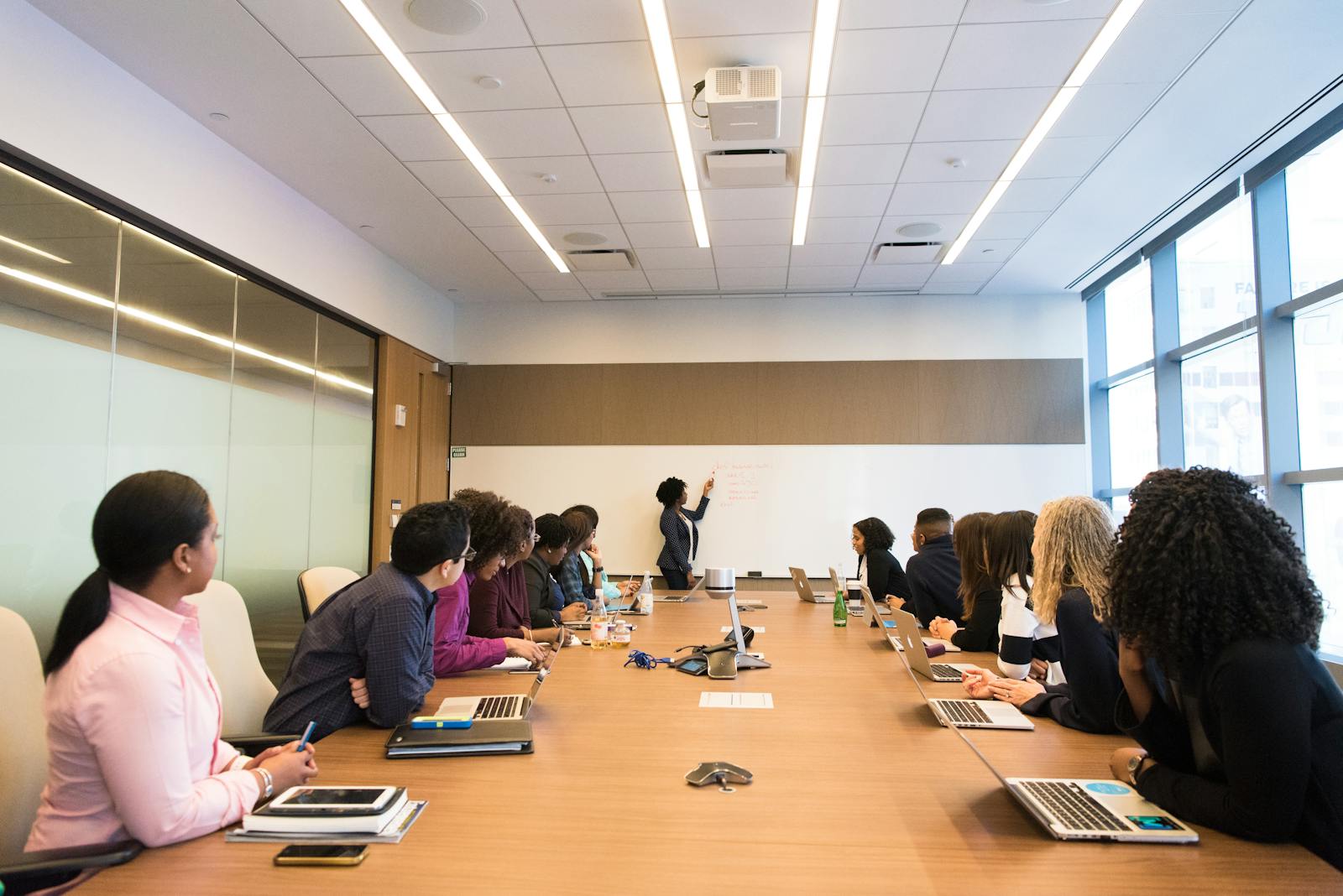






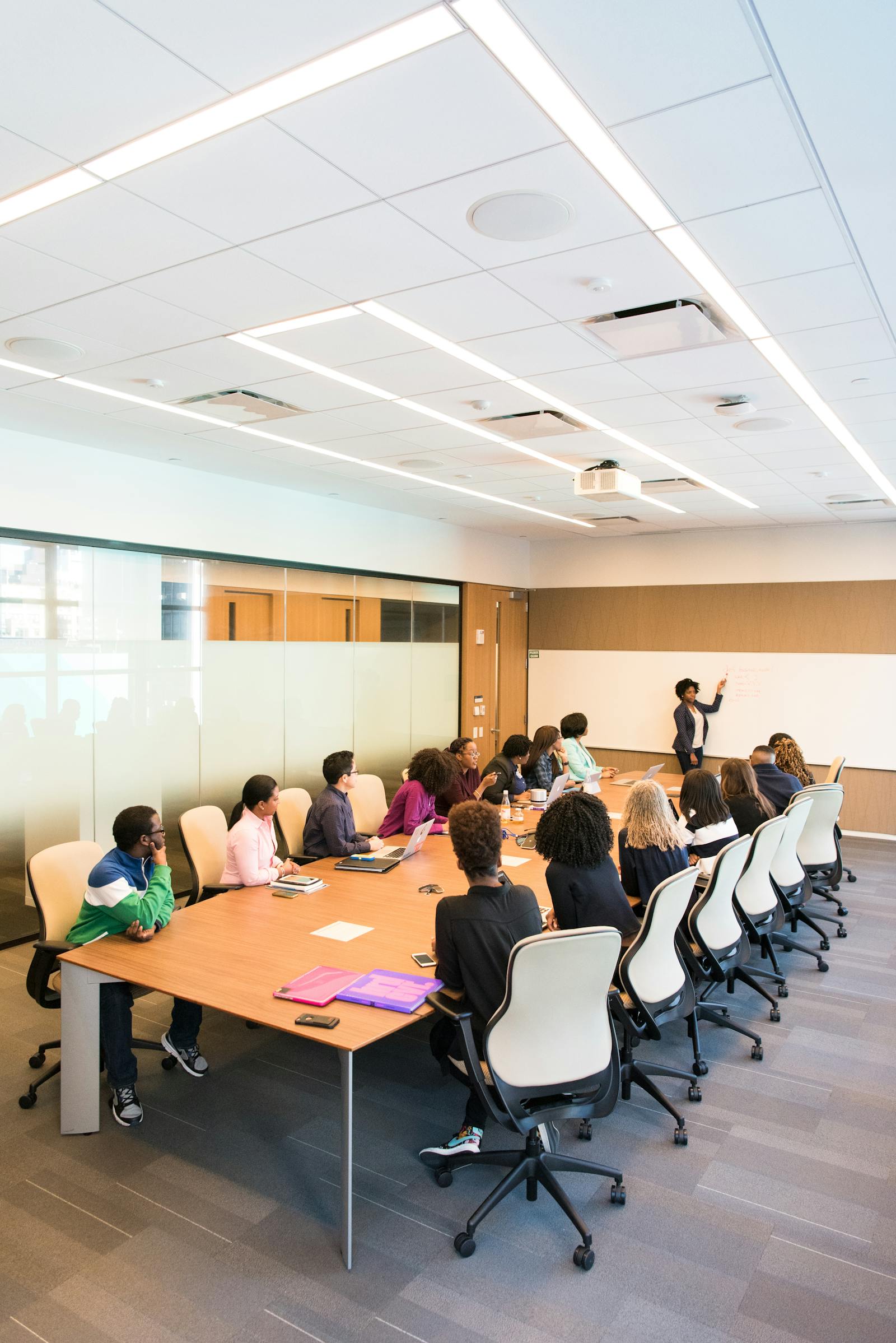













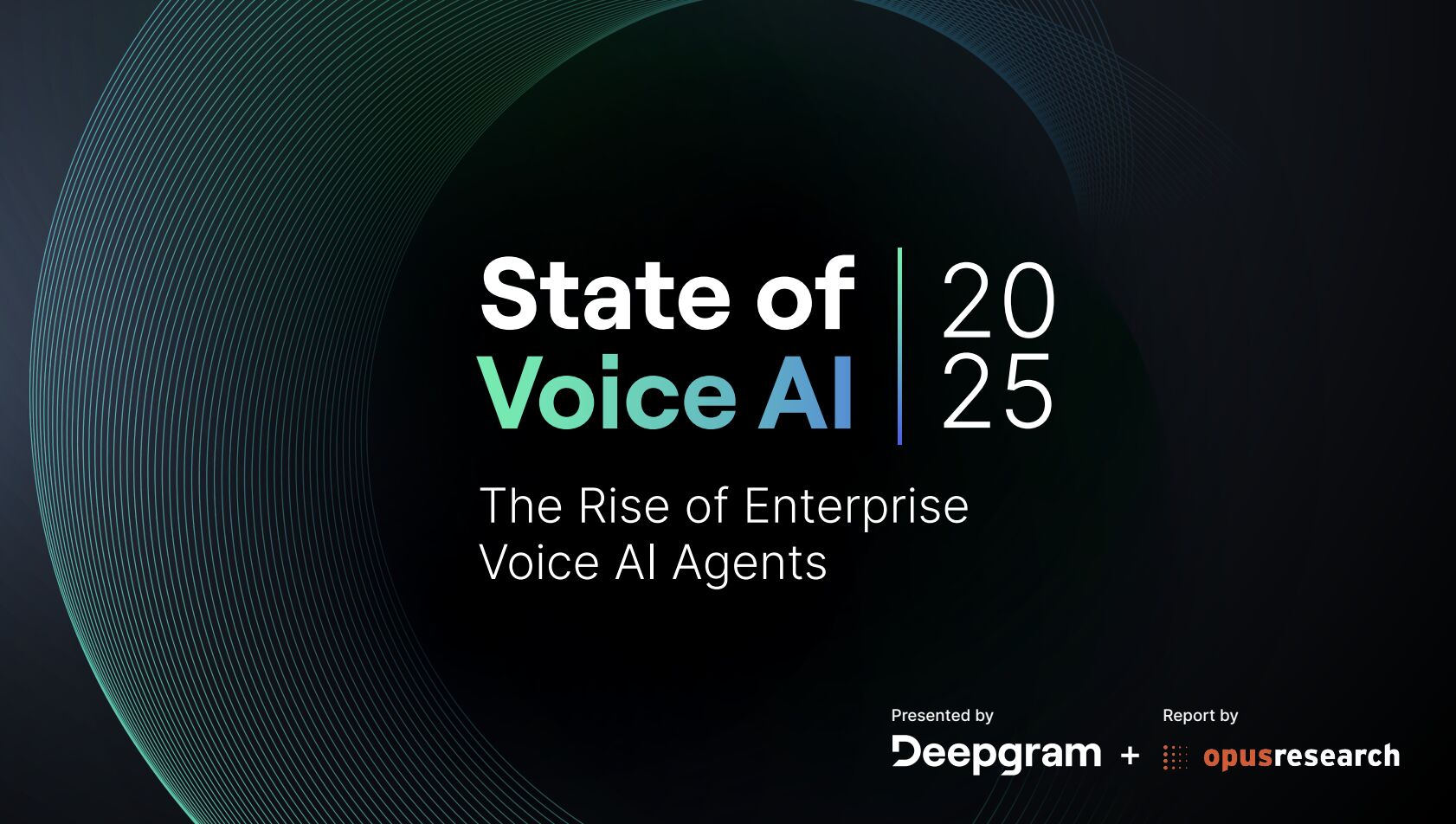















.png)
.png)
.png)
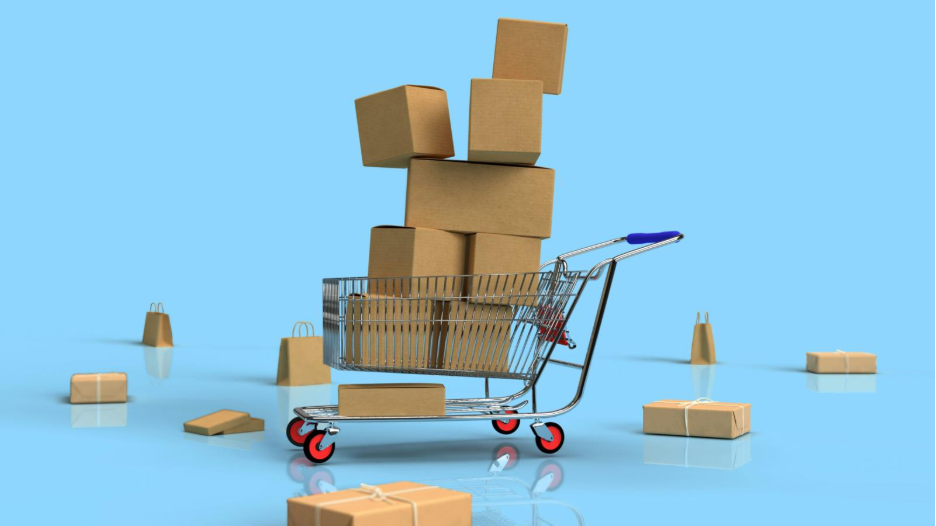
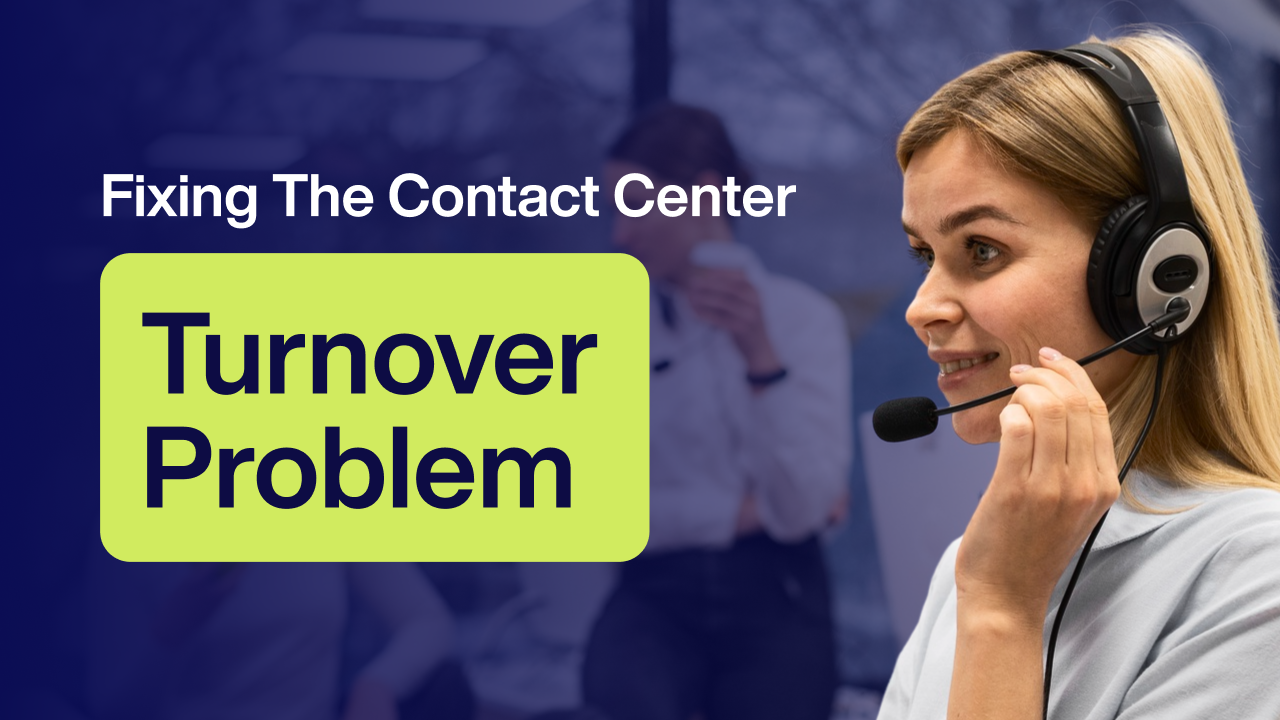
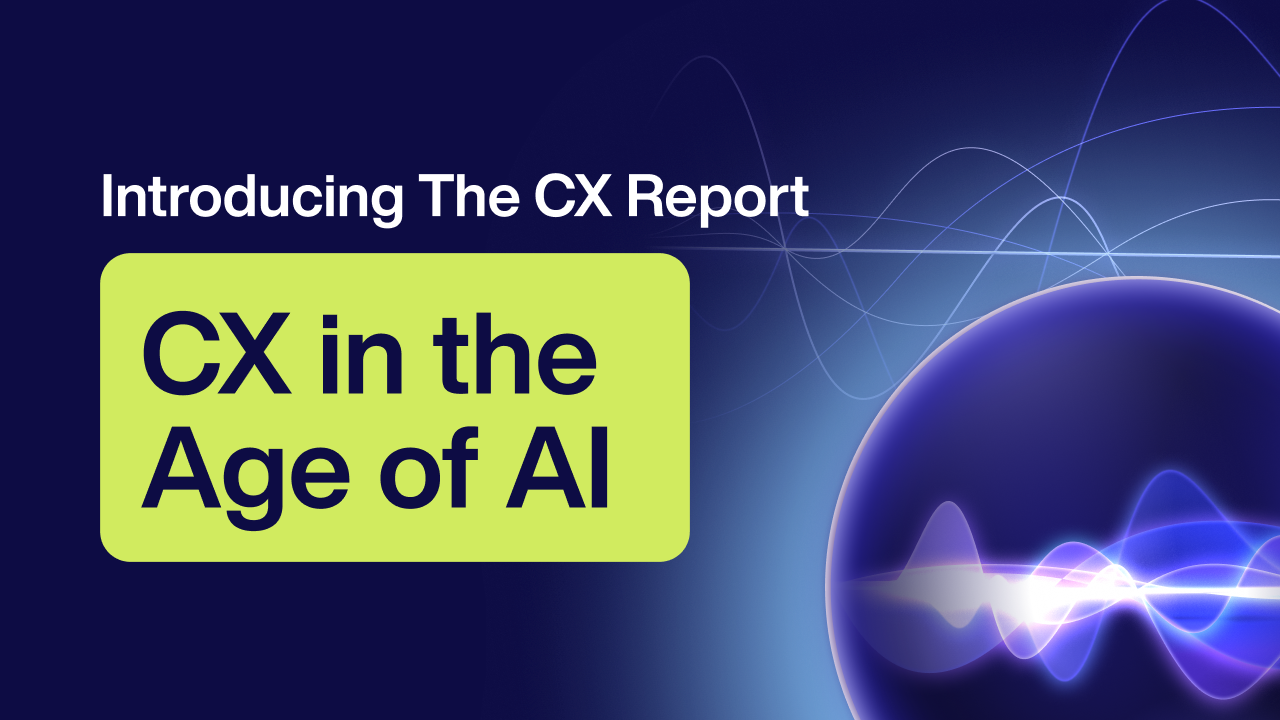
.png)
.png)
.png)
.png)